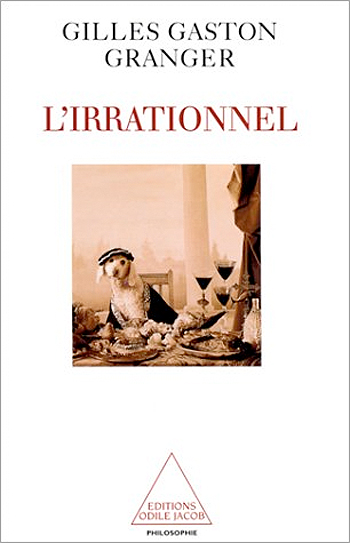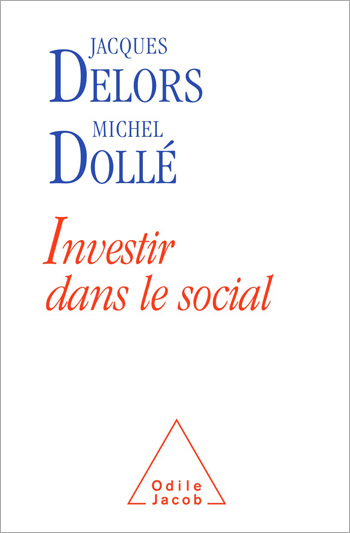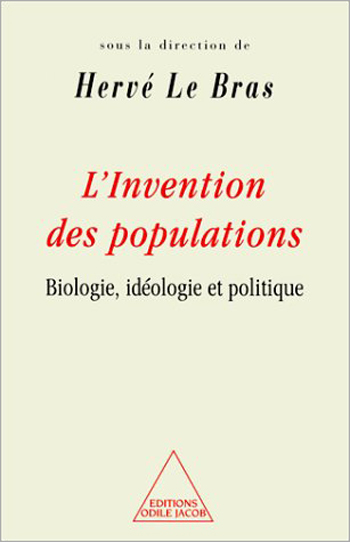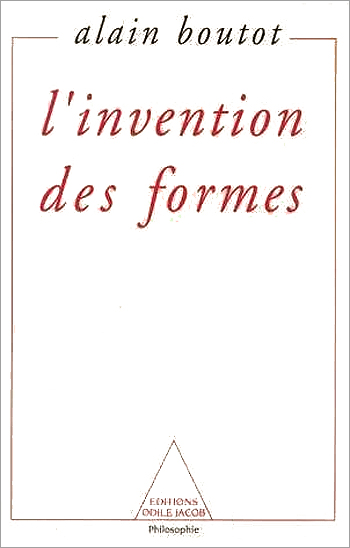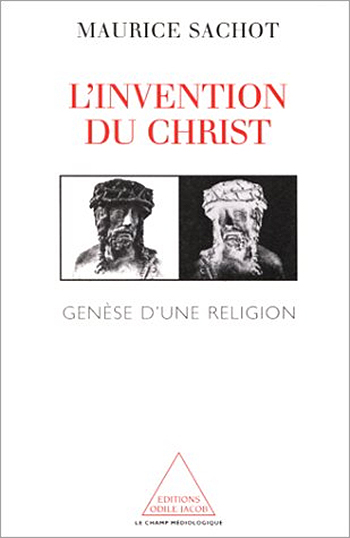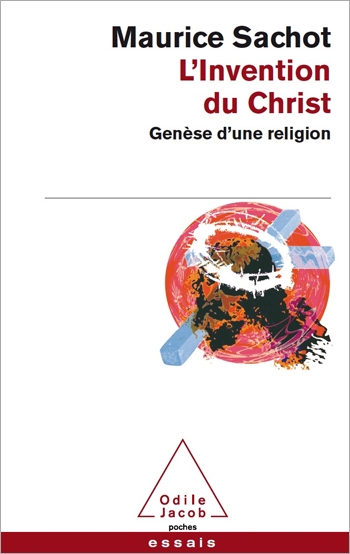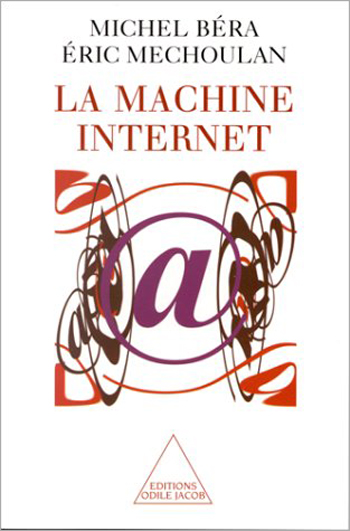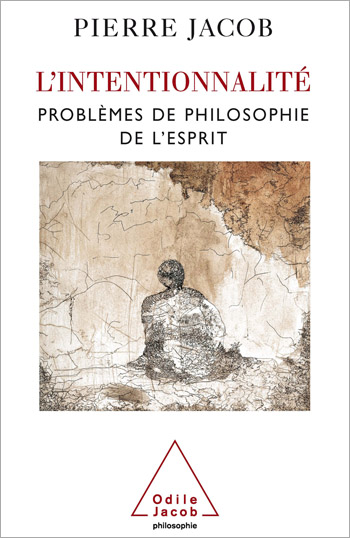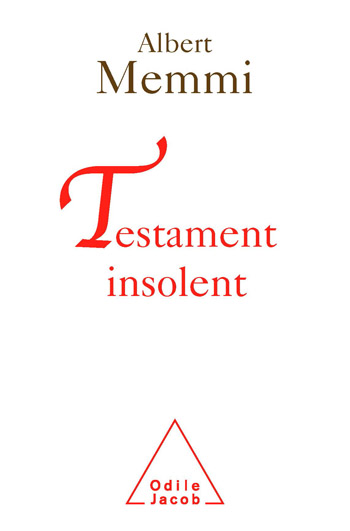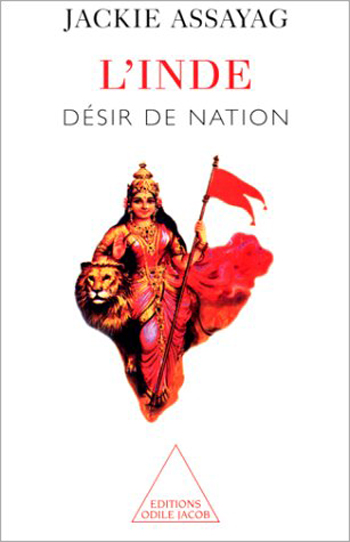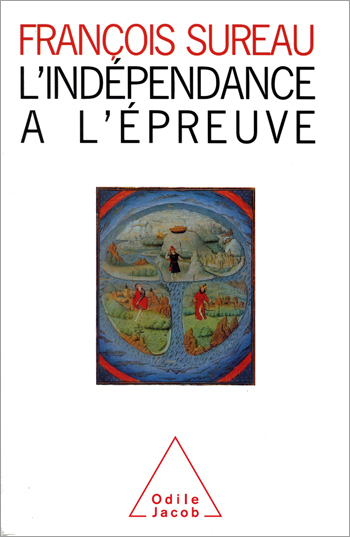Human Sciences All books
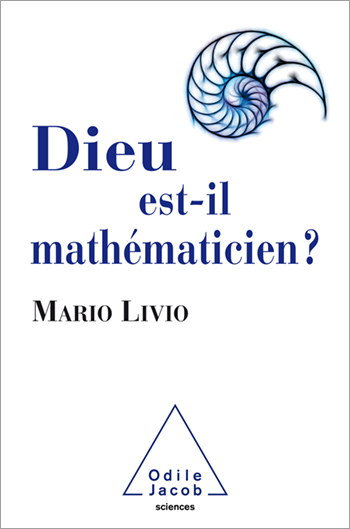
Mario Livio
Is God a Mathematician?
A best seller, finally available in France A question that everyone has asked, even if they don't dare ask out loud… Mathematics? An aspect of culture like any other.
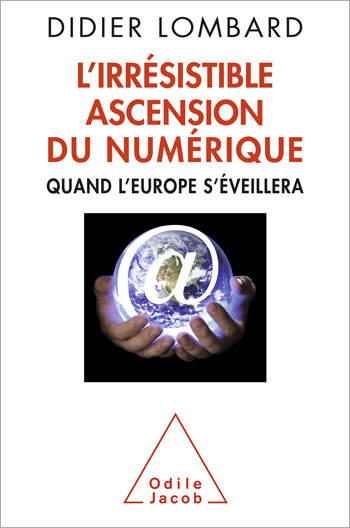
Didier Lombard
The Irresistible Ascension Of Digital Europe and the rest of the world
What are Europe’s advantages in the digital race against Asia and the U.S.? And what is at stake?
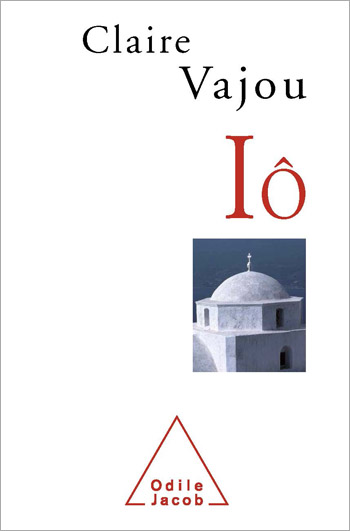
Claire Vajou
Iô
A testimonial that is as unbelievable as it is distressing, underpinned by superb writing
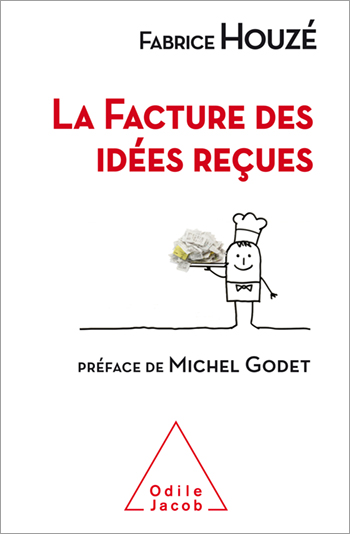
Fabrice Houzé
The Invoice for Fixed Ideas
This book is the new Freakonomics. In its style as well as in its inconvenient proposals (removal of patents, replacement of the right to vote by drawing lots, taxation of meat, etc.) Michel Godet wrote the preface and lends his support for the promotion of the book.
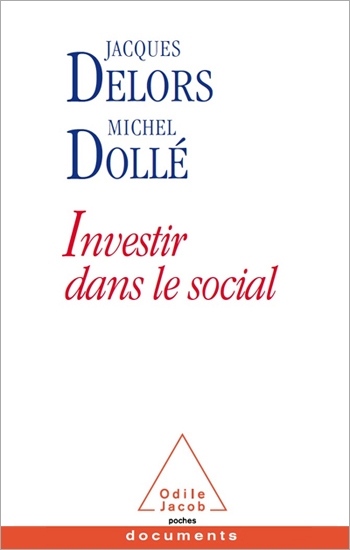
Jacques Delors, Michel Dollé
Investing in Social Issues
Jacques Delors offers a new vision of the welfare state, adapted to the challenges and difficulties of the present...
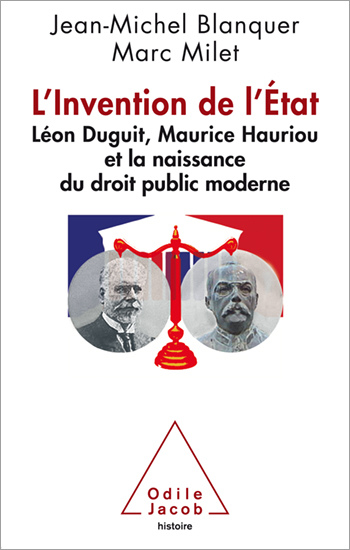
Jean-Michel Blanquer, Marc Milet
The Invention of the State Léon Duguit, Maurice Hauriou and the Birth of Modern French Public Law
How France’s judicial state was constructed in the early years of the 20th century, as reflected in the lives of two eminent legal figures
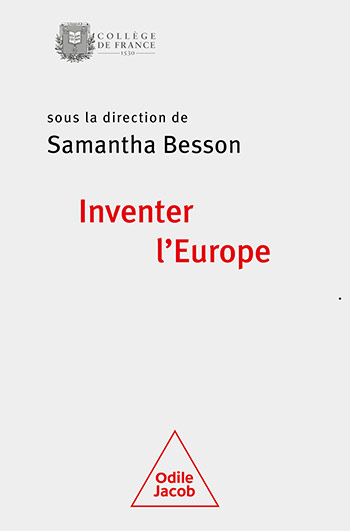
Samantha Besson
Inventing Europe Collège de France Autumn Colloquium 2021
This book was published under the direction of Samantha Besson, current occupant of the International Institutional Law Chair at the Collège de France
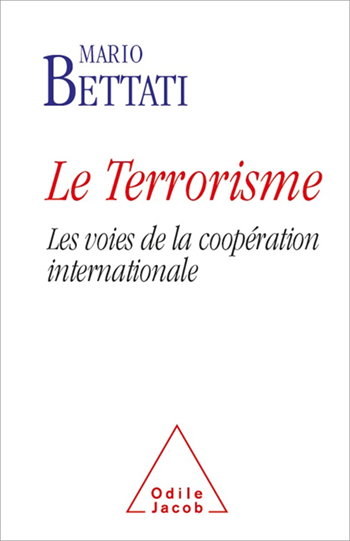
Mario Bettati
The International Struggle Against Terrorism
Terrorism and the anti-terrorist struggle appraised by an eminent European expert
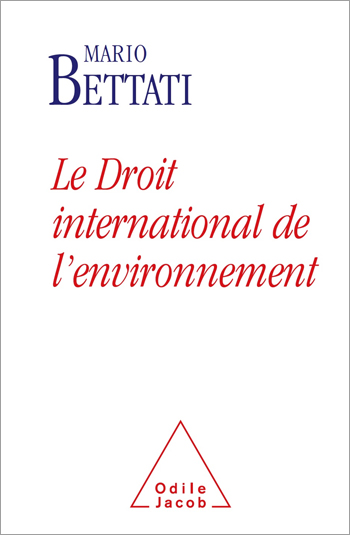
Mario Bettati
International Environmental Law
An indispensable book for students, diplomats and activists faced with attacks on the environment
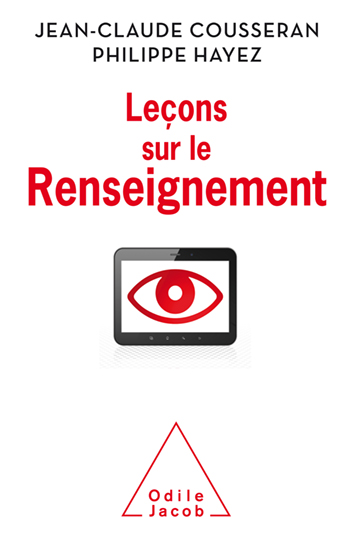
Jean-Claude Cousseran, Philippe Hayez
Intelligence Handbook
For the first time, the real practice of intelligence comes in out of the shadows. Very timely issues, from the international fight against terrorism to cyberthreats and economic intelligence.
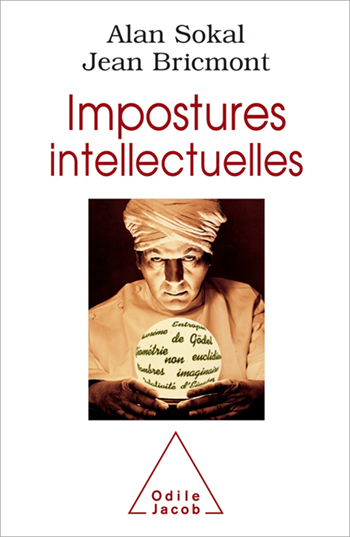
Alan Sokal, Jean Bricmont
Intellectual Impostures
In spring 1996, a American journal published an article in which the author Alan Sokal, supported his ideas with quotations from famous intellectuals, both French and American...
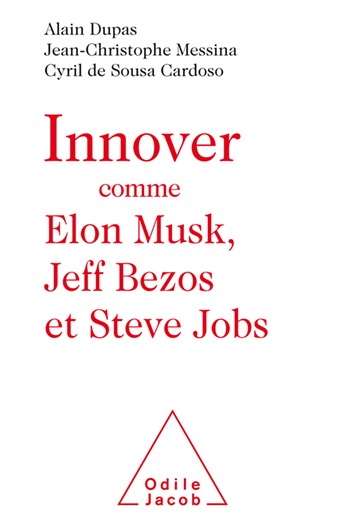
Alain Dupas, Jean-Christophe Messina, Cyril de Sousa Cardoso
Innovating Like Elon Musk, Jeff Bezos, and Steve Jobs
Large companies are no longer what they once were: rockets, electric cars, technological breakthroughs, dematerialized commerce and services are all on the rise.
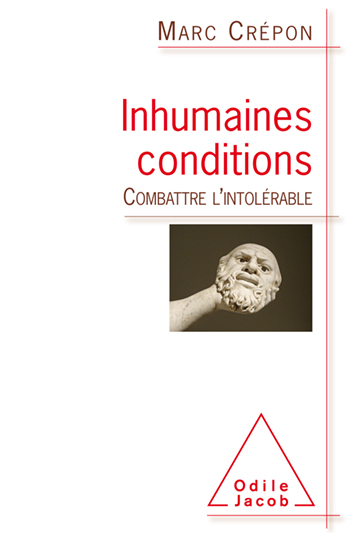
Marc Crépon
Inhuman Conditions Battling the Intolerable
a strong response to the omnipresent violence around us
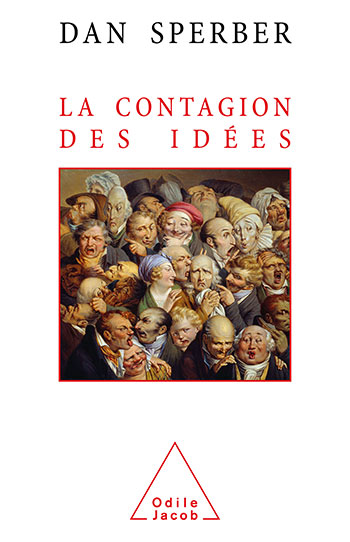
Dan Sperber
The Infectiousness of Ideas
Where do our ideas come from ? Some, just from ourselves, or at least we believe so, but the majority come from others which we then pass on in our turn. The age-old philosophical question on the origins of ideas is analysed here in relation to their mode of dissemination. In his search for the natural element of culture, Dan Sperber presents in this book an epidemiology of ideas which describes how they spread by passing from one person to another, undergoing transformations which are in the same category as mutations. He also investigates how these ideas establish themselves in the long-term by occupying our mental world without our conscious knowledge, which allows us to participate in our culture. Dan Sperber, an anthropologist, is the research director of CNRS.
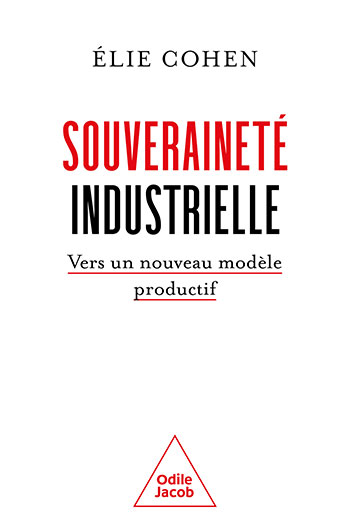
Élie Cohen
Industrial Sovereignty
How can we escape our economic dependency and regain our industrial sovereignty? What substance should be given to this “strategic autonomy” that the French and the Germans henceforth hope will be achieved?
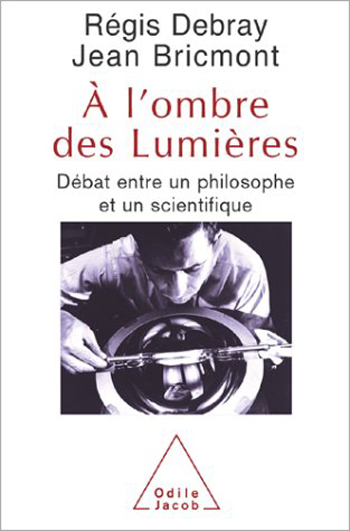
Régis Debray, Jean Bricmont
In the Shadow of Lights A Debate between a Philisopher and a Scientist
What is the meaning for us today of the Enlightenment? Of positivism and of the social sciences? How should we envision the revolutions in physics, biology and the neorosciences? What are the future roles of ideology and politics, faced with the challenge of the present religious come-back? Is the notion of progress still relevant? Can a fundamental, universal anthropology be established? In their discussions, the authors Debray from a literary point of view, and Bricmont from a scientific one meet, confront and defy each other. In the course of their talks, they summon theory and practice, past and present, history and current events, facts and their own personal convictions, to give the reader a brilliant lesson against the dominant mood of nihilism. Régis Debray heads the European Institute of the History and Science of Religion. He is the author of numerous works, including God, An Itinerary. Jean Bricmont teaches theoretical physics at the University of Louvain. He is the co-author with Alan Sokal of Intellectual Impostures.
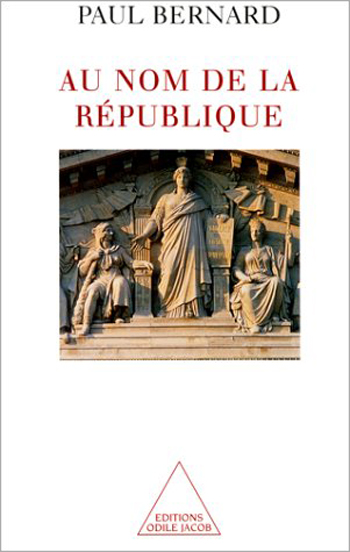
Paul Bernard
In the Name of the Republic
"Being a prefect is to do a job that comes with demands and responsibilities which are often not recognised. It is equally to accept a mission - that of representing the Republic. It is also adapting to the contradictions of the modern world." Paul Bernard Paul Bernard, a legal expert, has had a long prefectoral career which took him to various regions of France, including Aveyron, Sarthe and Corsica, before becoming the prefect of Rhône-Alpes and president of the Association du Corps Préfectoral et des Haut Fonctionnaires du Ministère de lIntérieur.
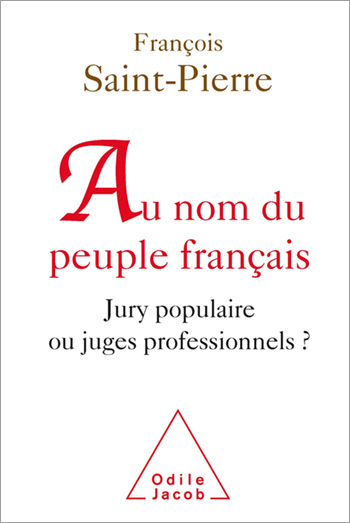
François Saint-Pierre
In the Name of the French People Trial by Jury or by Professional Judges?
Who should judge serious crimes?
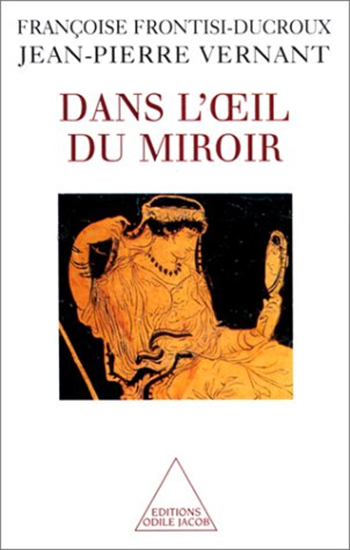
Jean-Pierre Vernant, Françoise Frontisi-Ducroux
In the Eye of the Mirror
How do the Greeks think of themselves ? Why do mirrors rarely reflect the true image of the person that looks into them ? And what image are they trying to project on others ? Formulated from an abundance of literature, iconography, and archeology, this book discusses the beginning foundations of individual representation. It is primarily a study of realities and appearances in an interpersonal society where social and personal status are dependant on how one is viewed and received in society. Secondly, the book analyses sexual identity and what it was in ancient Greece, through the study of a universal symbol, the mirror. Jean-Pierre Vernant and Françoise Frontisi-Ducroux teach at the College of France.

